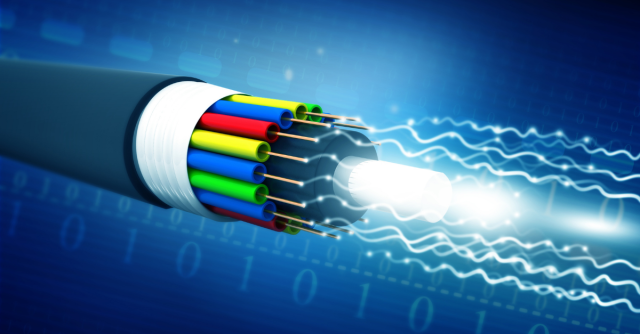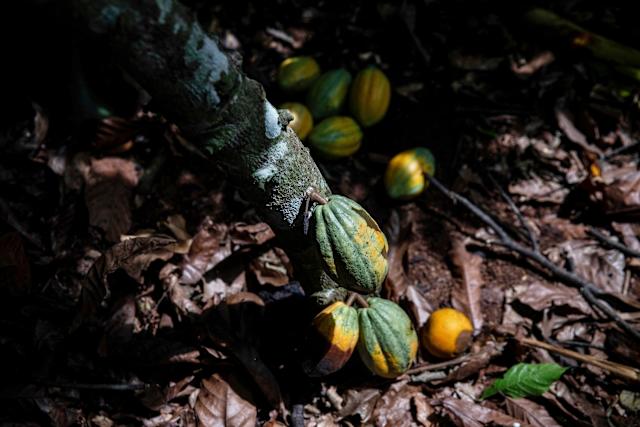
Telcos may shutdown as Lagos-Calabar road project threatens connectivity

Telecommunication companies have expressed concern over possible connectivity disruptions as construction advances on the 700km Lagos-Calabar Coastal Highway. This is coming less than 48 hours after Multichoice alerted subscribers of a three-day technical downtime.
The ongoing construction project, which aims to link Lagos to Cross River, passing through several coastal states, has raised alarm bells among telcos due to its potential impact on critical telecommunication infrastructure.
The Lagos-Calabar coastal highway corridor is a crucial landing point for multiple submarine cables connecting Nigeria to Europe. These cables, including the West Africa Cable System (WACS), MainOne, Glo1, ACE, and NCSCS, play a vital role in the country’s international communications and data transmission.
Industry stakeholders voiced their concerns, including the Association of Licensed Telecom Operators of Nigeria (ALTON) and the Association of Telecommunications Companies of Nigeria (ATCON).
Gbenga Adebayo, Chairman of ALTON, highlighted the lack of stakeholder consultations with the Ministry of Works regarding the environmental impact assessment of the undersea cables within the construction corridor.
Adebayo emphasised the necessity of caution to prevent damage to critical national infrastructure, stressing the potential economic consequences of any disruption.
He revealed that despite attempts to engage the Ministry of Works, telcos had yet to receive a response, prompting the involvement of the Nigerian Communications Commission to facilitate dialogue.
Meanwhile, Tony Emoekpere, President of ATCON, acknowledged that the construction work had not yet reached the areas where the undersea cables are located.
However, he underscored the importance of discussions to ensure that construction activities do not affect telecommunication services, with plans to prevent disruptions.
The concerns raised by telcos come in the wake of recent service disruptions caused by cuts to undersea cables supplying broadband internet connectivity to Nigeria and countries in the West African sub-region. The repair costs for such disruptions are significant, with experts estimating collective expenses of up to $8 million per affected cable.
Recall Arise News Correspondent Laila Johnson-Salami questioned Senator David Umahi regarding the environmental impact assessment of the Lagos-Calabar Highway Project. Umahi asserted that the project had received preliminary approval and was following due process.
When pressed further about final approval from the Federal Ministry of Environment, Umahi reiterated that the federal government grants approval and affirmed that everything was in order.
About The Author
Related Articles
Ivory Coast to Buy Unsold Cocoa to Support Farmers
Ivory Coast has announced a government plan to purchase unsold cocoa stock...
ByWest Africa WeeklyJanuary 23, 2026Ghana Moves to Reclaim Kwame Nkrumah’s Former Residence in Guinea
Ghana has embarked on a diplomatic and cultural initiative to reclaim the...
ByWest Africa WeeklyJanuary 23, 2026Senegal Honors Players and Coach After AFCON Triumph
Senegal has formally honored its Africa Cup of Nations winning team, awarding...
ByWest Africa WeeklyJanuary 23, 2026Burkina Faso, Mali, and Niger Turn to Russia for Shared Telecom Network
Burkina Faso, Mali, and Niger have announced plans to develop the Sahel’s...
ByWest Africa WeeklyJanuary 23, 2026











